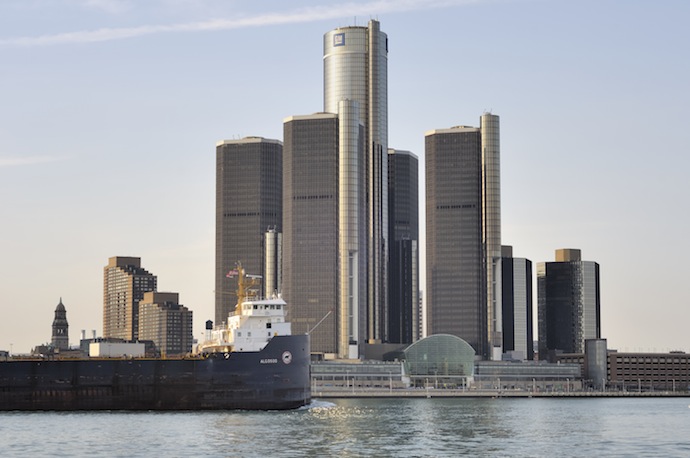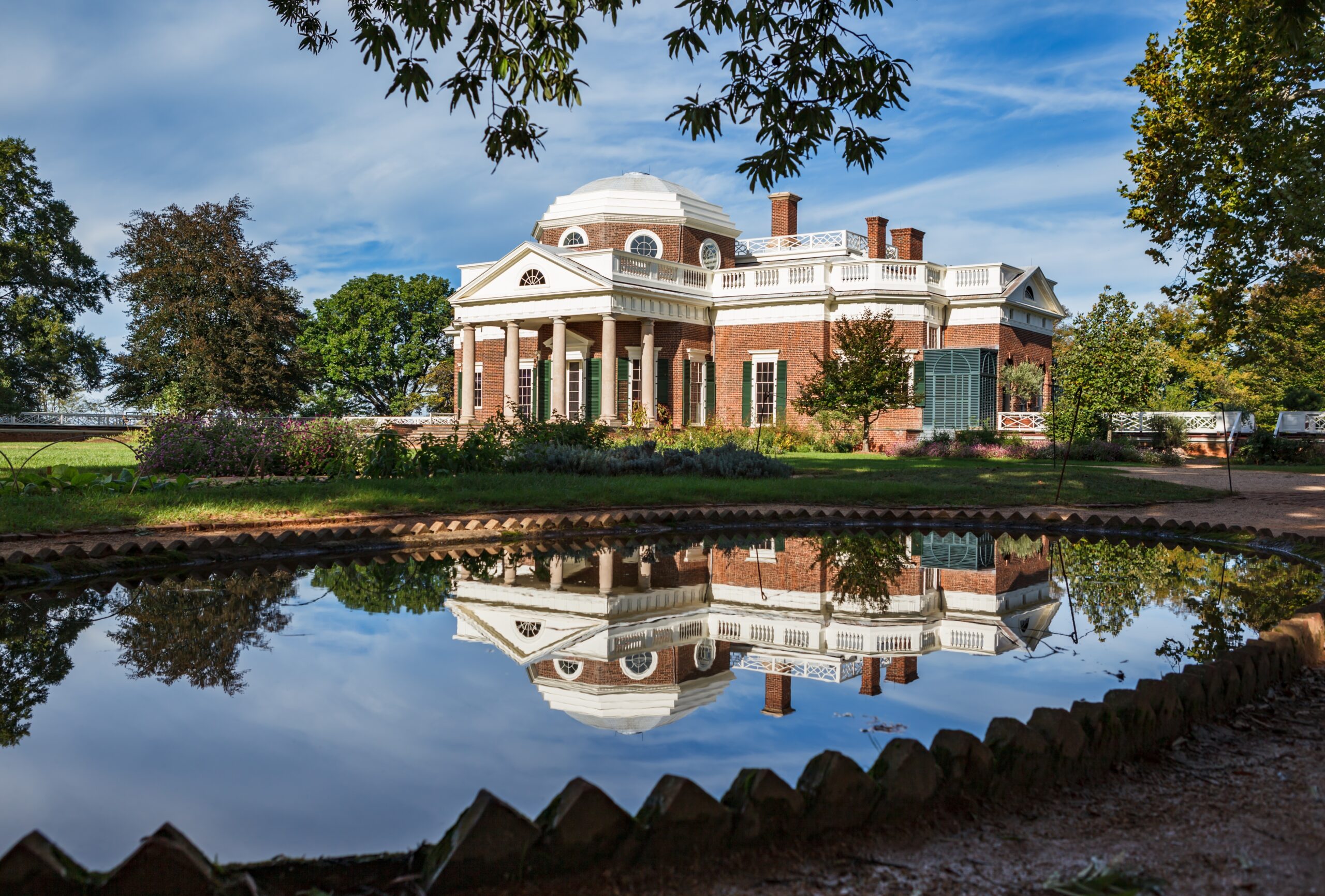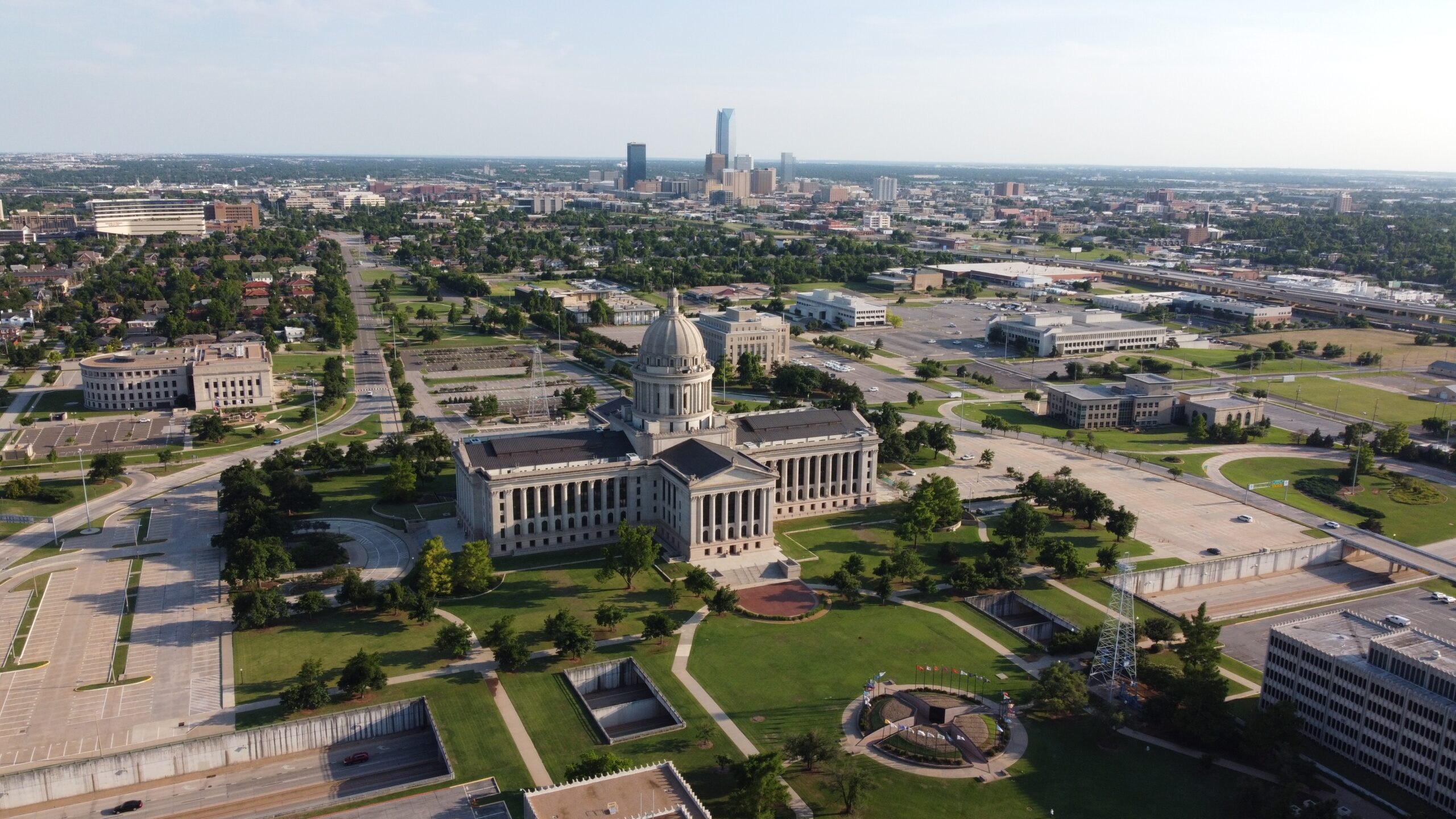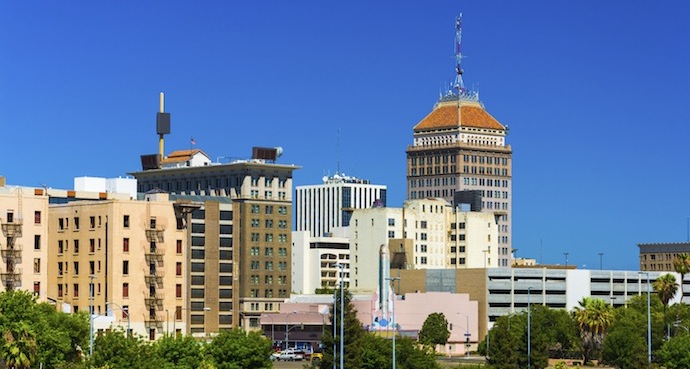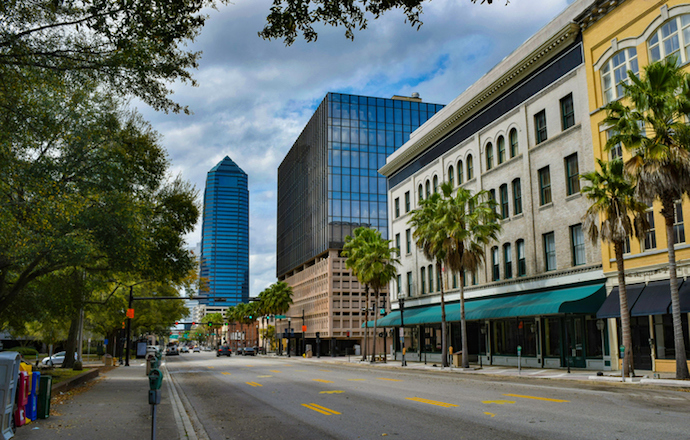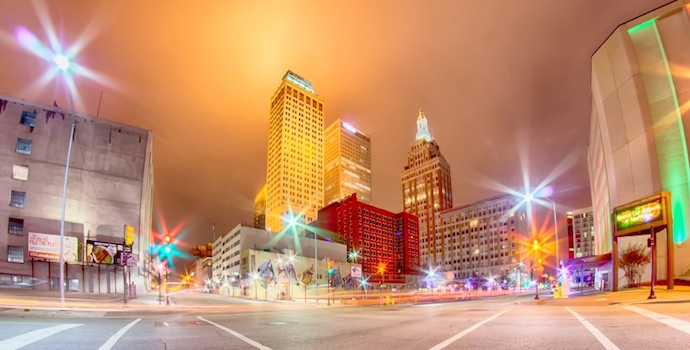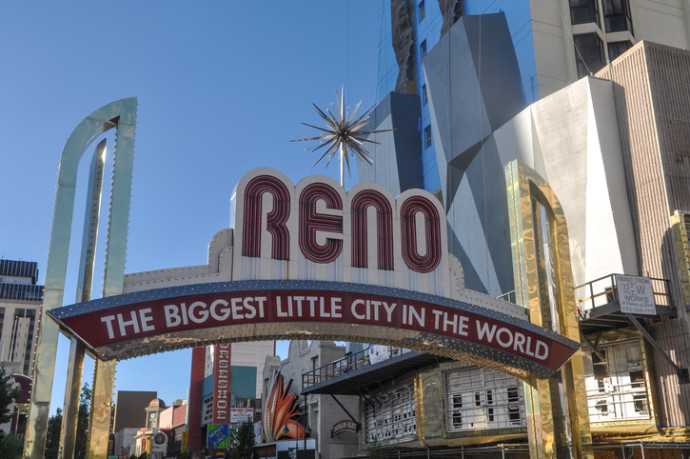Navigation Jump Links
- Detroit At-a-glance
- What it’s like to live in Detroit
- Economy and job outlook in Detroit
- Real estate in Detroit
- The top neighborhoods in Detroit
- How to get around in Detroit
- School and education snapshot
- Weather and climate in Detroit
- 10 can’t miss things to do in Detroit
Detroit At-A-Glance
Nestled along the shores of the Detroit River, Detroit, Michigan, is a city with a rich history and a promising future. Often referred to as the “Motor City,” Detroit has long been an industrial hub, but today, it’s undergoing a remarkable transformation. Boasting a vibrant arts and culture scene, a revitalized downtown, and a sense of community resilience, Detroit is becoming an increasingly attractive destination for those seeking a unique and affordable urban lifestyle.
Detroit is a city on the rise, a place where history meets innovation, and community spirit fuels revitalization. From its diverse neighborhoods to a burgeoning job market, Detroit offers a unique urban experience that continues to attract people from all walks of life. Whether you’re drawn to the cultural richness, the affordability, or the sense of opportunity, Detroit invites you to be a part of its renaissance, making it a compelling choice if you’re looking for a city that’s both dynamic and welcoming.
Detroit is Seeing Signs of Population Growth
Once known as the heart of America’s automotive industry, Detroit faced economic challenges in the latter half of the 20th century, leading to a decline in population and urban decay.
However, in recent years, the city has undergone a remarkable transformation, with a renewed focus on community development and cultural revival. In fact, for the first time in many years, Michigan’s population grew in 2023, according to new numbers from the U.S. Census Bureau. And even though the numbers were small, any growth is a positive sign for a state that has been losing people.
One of the most distinctive aspects of living in Detroit is the city’s vibrant cultural scene. From world-class museums like the Detroit Institute of Arts to the Motown Museum celebrating the city’s musical legacy, there’s a wealth of artistic and historical attractions. Additionally, Detroit hosts numerous annual events and festivals, fostering a sense of community pride and engagement.
The people of Detroit are known for their resilience and community spirit, creating a welcoming atmosphere for newcomers. Thanks to the residents who actively contribute to the city’s resurgence, the energy and spirit of Detroit are palpable. And as the city continues its revitalization, a strong sense of pride and optimism permeates the air, making it an exciting time to call Detroit home.
A More Diversified Economy Contributes to Detroit’s Resilience
Detroit is often referred to as the “Hartford of the West” due to its concentration of insurance and financial service companies, including Principal Financial Group, Athene, Nationwide, FBL Financial Group, etc. Because it’s home to several major insurers and banks, the city offers a wide range of employment opportunities in the financial sector. The city has also been steadily growing its technology and healthcare sectors. Tech startups and healthcare institutions are becoming more prominent in Detroit, attracting professionals from around the country.
It wouldn’t be the Midwest without a nod to agriculture. Iowa is known for the city of Des Moines, its fertile farmlands, and agriculture, and Detroit benefits from its proximity to this industry. Agribusiness and related industries provide numerous jobs and career prospects.
Because of the robust and diversified employers, the city’s economic landscape continues to benefit from a strong job market. The job market has increased by 2.7 percent over the last year and future job growth over the next 10 years is predicted to be 37.4 percent, which is higher than the national average of 33.5 percent.
Detroit also consistently maintains a low unemployment rate, which means job seekers have a better chance of finding employment here compared to many other cities.
Unemployment rate: 9.4% (as of October 2023)
Average weekly wages for all industries: $1,460 (as of October 2023)
Detroit Real Estate Market is Poised for a Significant Comeback
Detroit, once an industrial powerhouse, has experienced significant economic challenges over the past few decades. The city faced a decline in its manufacturing sector, particularly in the automotive industry, leading to widespread job losses and population outflows.
This economic downturn had a profound impact on the real estate market, with many neighborhoods experiencing a decline in property values and an increase in vacant and abandoned properties. The housing market in the early 2010s was so bad that property values plummeted and buyers had a very hard time obtaining mortgages. As recently as 2019, less than 20 percent of all homes sold were done with a mortgage instead of paying in cash.
However, in recent years, the real estate market is showing signs of repair. Detroit property values have doubled since 2012, which means residents have had an easier time selling their homes over the last decade. And the city’s revitalization efforts have sparked a surge in property development, providing prospective residents with an array of choices in both renting and buying.
Whether you’re interested in a historic Victorian home in the Boston-Edison District or a modern loft in downtown Detroit, there’s a housing option to suit every taste and budget. As of October, 2023, the median sale price of a home is $90,000, which represents an increase of almost 6 percent. And the average rent for a one-bedroom apartment in Detroit is $1,202.
Historic Architecture Seamlessly Blends With Modern Developments
Living in Detroit is an experience like no other. The city’s diverse cultural heritage is reflected in its neighborhoods, where historic architecture seamlessly blends with modern developments. Here are a few top neighborhoods to call home in Detroit:
Corktown: As one of Detroit’s oldest neighborhoods, historic Corktown, known for its trendy restaurants and hip community, is a popular choice for those seeking a vibrant urban lifestyle. Famous for its historic architecture, including the iconic Michigan Central Station, Corktown has experienced a renaissance in recent years, attracting young professionals and artists.
Midtown: Midtown, home to the Detroit Institute of Arts and Wayne State University, offers a blend of cultural richness and youthful energy mixed with historic charm and modern amenities. With a diverse community and a strong sense of community engagement, Midtown is an attractive choice for those seeking an urban lifestyle with a creative and academic edge.
Downtown: With the resurgence of the city’s core, downtown Detroit now offers a mix of residential options, from sleek high-rise apartments to historic loft conversions with proximity to popular attractions like the Detroit Riverwalk, the Fox Theatre, and the home stadiums of the Detroit Lions and Detroit Pistons. Downtown’s bustling energy is complemented by a growing culinary scene, diverse cultural offerings, and easy access to public transportation.
Indian Village: Known for its well-preserved early 20th-century mansions and tree-lined streets, Indian Village exudes a sense of elegance and charm. The affluent neighborhood is listed on the National Register of Historic Places and features a mix of architectural styles, including Colonial Revival and Tudor. Residents appreciate the quiet, residential feel while still being close to the amenities of the city. For a more laid-back atmosphere, consider the tree-lined streets of Sherwood Forest or the family-friendly Rosedale Park.
Motor City Legacy Means Detroit’s Easy to Navigate
The most convenient way to traverse Detroit is by car, as the city is designed around a network of roads and highways. According to a survey conducted by INRIX, drivers will lose 23 hours on average every year to traffic woes at a cost of $385 per driver.
For those who prefer public transportation, Detroit offers the Detroit People Mover, a light rail system that circles downtown and connects major venues like the GM Renaissance Center, Greektown, and the Joe Louis Arena. Additionally, the Detroit Department of Transportation (DDOT) operates an extensive bus network that covers various neighborhoods and suburbs. Biking enthusiasts can explore the city using Detroit’s growing network of bike lanes and paths, including the Dequindre Cut Greenway, which provides a scenic route from the Riverfront to Eastern Market. While Detroit is known for its Motor City legacy, diverse transportation options cater to different preferences and make getting around the city accessible to all.
Efforts Are Underway to Improve the Educational Landscape in Detroit
Detroit’s school and education system has faced significant challenges in the past few years, struggling with issues such as underfunding, aging infrastructure, and declining enrollment. These challenges often translated into overcrowded classrooms, limited access to resources, and a high teacher turnover rate.
Efforts have been underway to improve the educational landscape in Detroit. Initiatives aimed at increasing funding, renovating school facilities, and providing additional support for both students and teachers are being implemented as a means of revitalizing the city. Charter schools and alternative education models were also part of the conversation, with proponents arguing for increased choice and flexibility to better meet the diverse needs of Detroit’s student population.
When it comes to higher education opportunities, Detroit is home to Wayne State University, located in Midtown, which is renowned for its diverse academic programs and research initiatives.
Detroit Climate is Characterized By Four Distinct Seasons
Detroit experiences a humid continental climate characterized by four distinct seasons, each showcasing unique weather patterns. Winters in Detroit are cold and snowy, with temperatures often dropping below freezing. Lake effect snow from nearby Lake Michigan contributes to the accumulation of snowfall, creating a winter wonderland for residents. Subzero temperatures are not uncommon, and residents can expect frosty conditions from December through February.
Spring brings a gradual thaw to the city, with temperatures rising and nature coming back to life. Spring also heralds the return of greenery and the blossoming of cherry trees, creating a visually stunning transition from winter to warmer months.
Summers in Detroit are warm and can be humid, with temperatures reaching into the 80s and occasionally higher. This is the ideal time for outdoor activities, festivals, and enjoying the city’s parks and waterfront. Fall is marked by a stunning display of autumn foliage as temperatures gradually cool down.
Overall, Detroit’s weather and climate provide a diverse range of experiences throughout the year, making it a city that truly embraces the changing seasons.
Summer Average (June – August): 81°F high, 64°F low
Winter Average (December – February): 35°F high, 24°F low
10 Can’t-Miss Things to Do in Detroit
Discover a city bursting with a rich musical history and cultural vibrancy as you explore the myriad of attractions and activities that Detroit has to offer. You’ll hit a little bit of everything with these 10 can’t miss things to do in this resurging city:
- Visit the Detroit Institute of Arts: Home to an extensive collection of art spanning centuries and cultures, the DIA is a cultural gem in the heart of Detroit.
- Explore the Detroit Historical Museum: Dive into the city’s rich history and heritage through interactive exhibits, artifacts, and multimedia displays.
- Catch a Game at Comerica Park or Ford Field: Immerse yourself in the passion of Detroit’s sports culture by attending a Detroit Tigers baseball game at Comerica Park or cheering on the Lions at Ford Field.
- Stroll through the Detroit RiverWalk: Enjoy scenic views of the Detroit River and the skyline while walking, jogging, or biking along the RiverWalk, a beautifully landscaped path connecting various parks and attractions.
- Indulge in Detroit’s Culinary Scene: From iconic Coney Island hot dogs to innovative fine dining experiences, Detroit’s food scene is diverse and delicious.
- Experience the Motown Museum: Immerse yourself in the history of Motown Records, the legendary label that shaped the sound of American music.
- Attend a Concert at the Fox Theatre: This historic venue hosts a variety of concerts, Broadway shows, and performances in a stunning, opulent setting.
- Shop and Dine in Eastern Market: Explore the vibrant stalls of Detroit’s historic Eastern Market, offering fresh produce, artisanal goods, and a lively atmosphere.
- Discover the Detroit Science Center: Perfect for families and science enthusiasts, the Detroit Science Center features interactive exhibits, planetarium shows, and educational programs.
- Enjoy Belle Isle Park: Escape to this island park in the Detroit River, featuring a zoo, conservatory, and ample green space for picnics, sports, and relaxation.
Motor City right up your alley? You might be interested in checking out our guide on moving to Music City, too.
